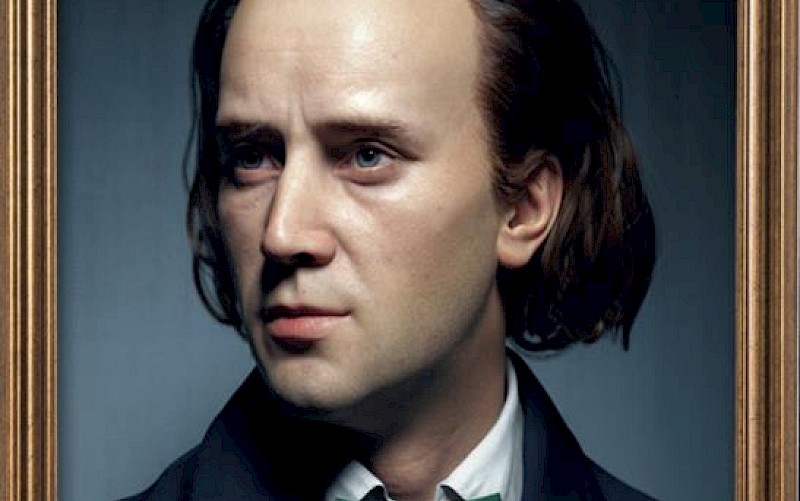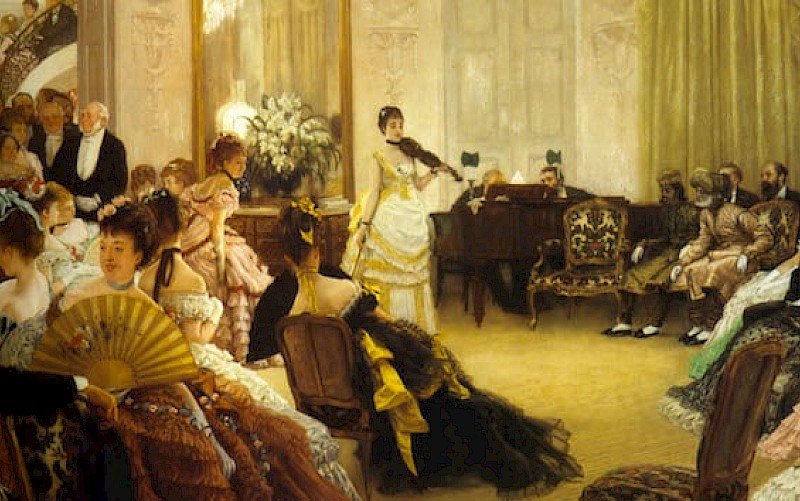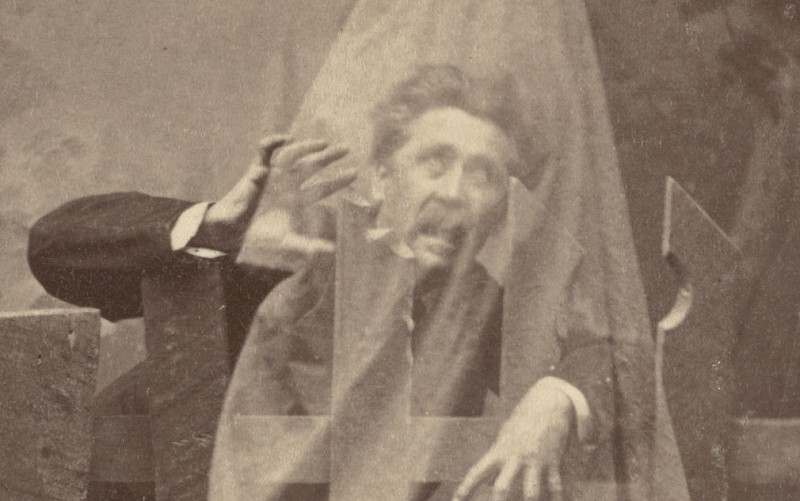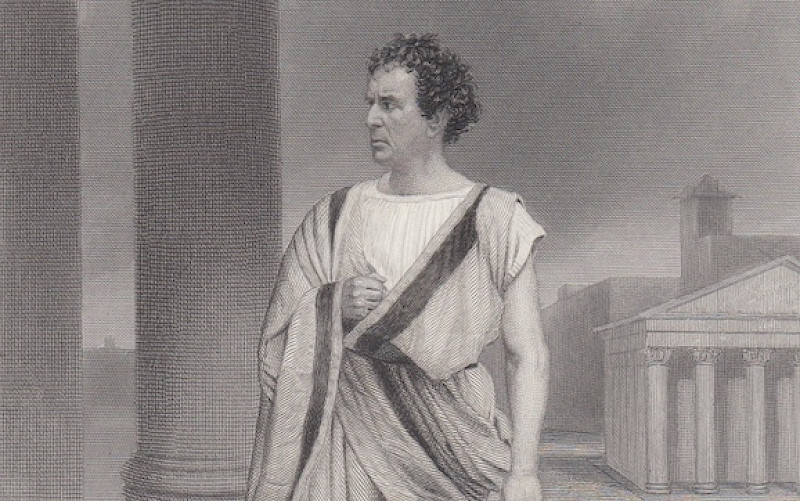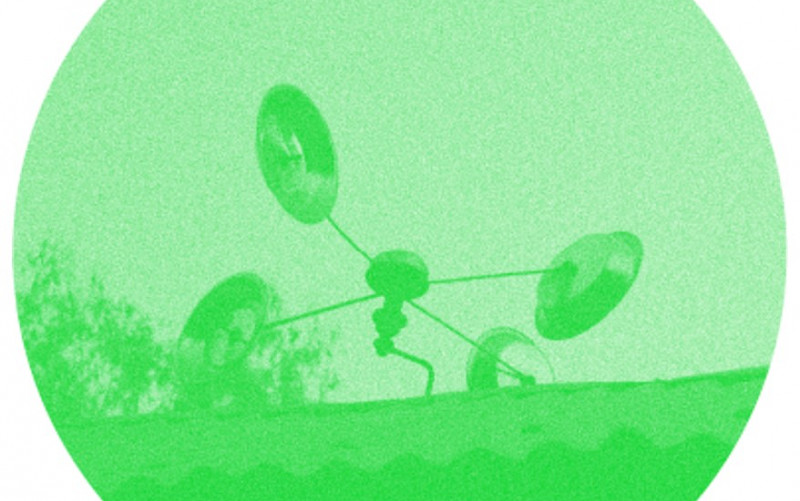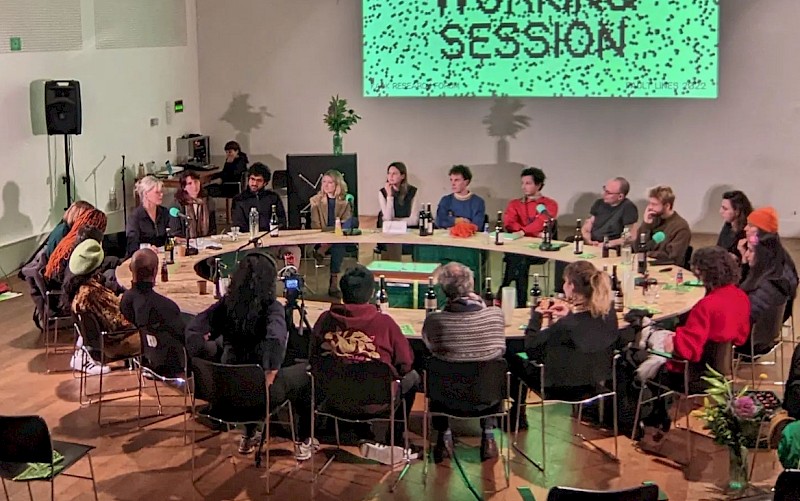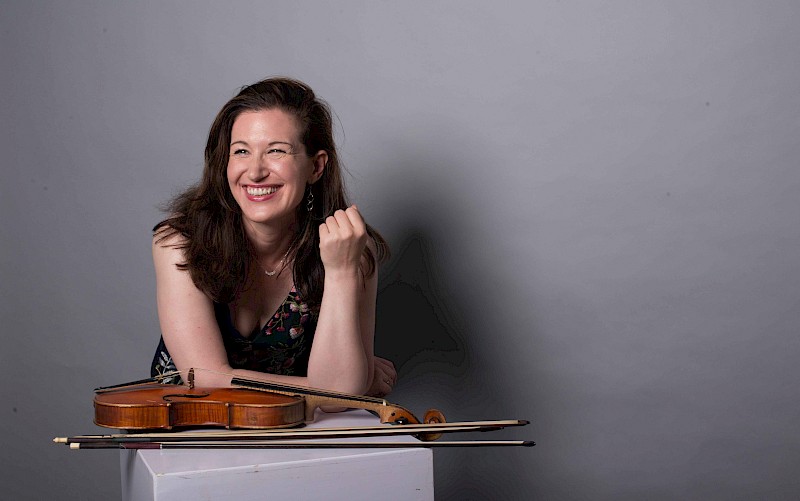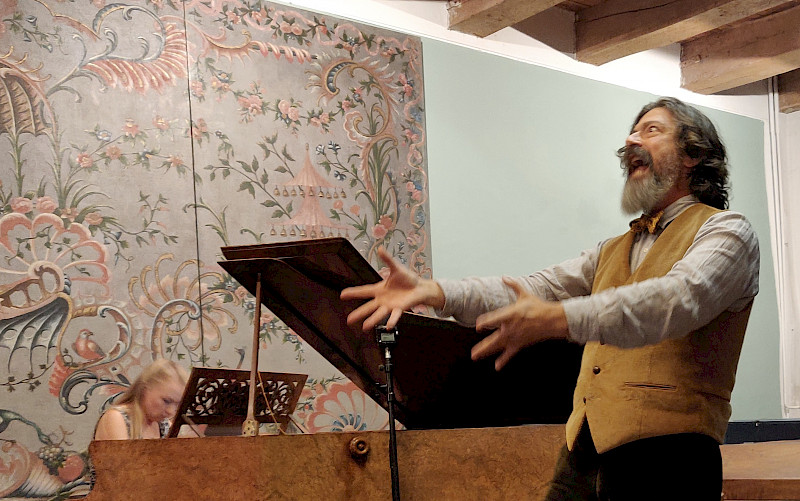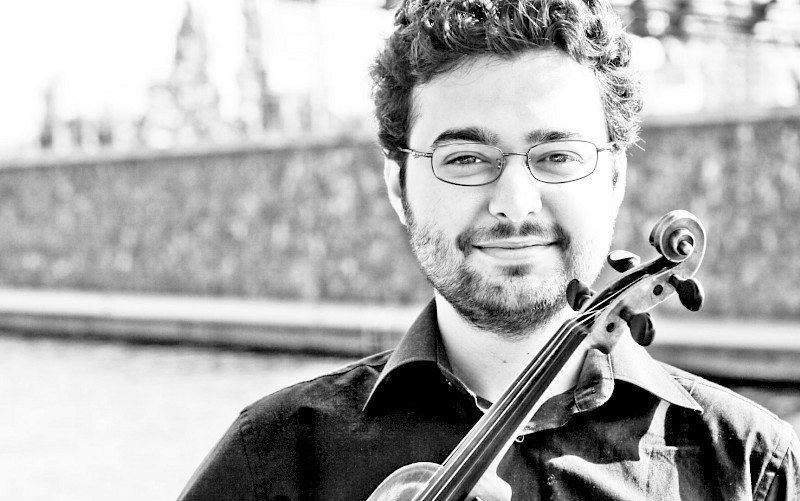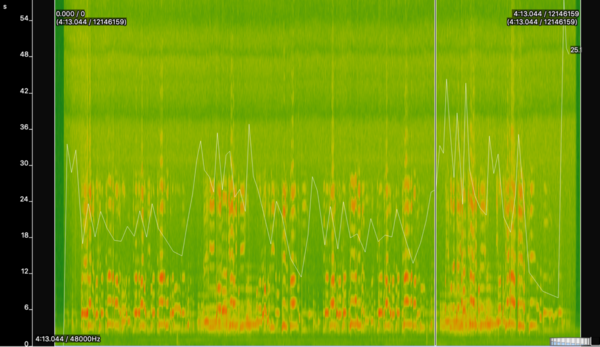
The Singing Violin: Portamento use in Franz Schubert’s violin music
(this research was submitted March 2019) How can late-18th- and early-19th-century vocal techniques influence our way of experimenting with portamento use in Schubert’s violin music and how can we reinstate the practice in ways that are relevant for current listeners and players? The voice and violin have always shared an intimate connection. Violin treatises from the late-18th and early-19th centuries consistently encourage violinists to imitate vocal techniques. My thesis explores this relationship via the music of Franz Schubert (1797-1828), who revolutionised Lieder and used vocal techniques in his instrumental writing. Many fundamental vocal expressive devices, including portamento, have been lost in “modern” and “historically-informed” (HIP) singing and violin playing. My thesis aims to (1) understand the historical appropriateness of portamento in Schubert’s violin music and how different types of portamento work, (2) examine why the technique was lost, and (3) explore ways of reigniting it in today's musical aesthetic. I first analysed relevant written sources and early vocal and violin recordings, finding clear evidence of frequent and varied vocal and violin portamento use, clear links in portamento use between early-recorded singing and violin playing, and consistency between early-recorded portamenti and written sources from Schubert’s time. To understand why portamento was lost, I examined the wider phenomenon of style change in the 20th century and found that both recording technology and general 20th-century aesthetic changes encouraged “cleanness” and “repeatability” in music, thereby eradicating spontaneous and unique expressive devices like portamento. Finally, I researched innate emotional responses to music and portamento’s importance as an engaging communicative tool, and undertook my own artistic experimentation in early-19th-century music, collaborating with and surveying leading vocal and string 19th-century HIP practitioners to explore ways of making portamento expressive and relevant to modern musical practice and appreciation.
